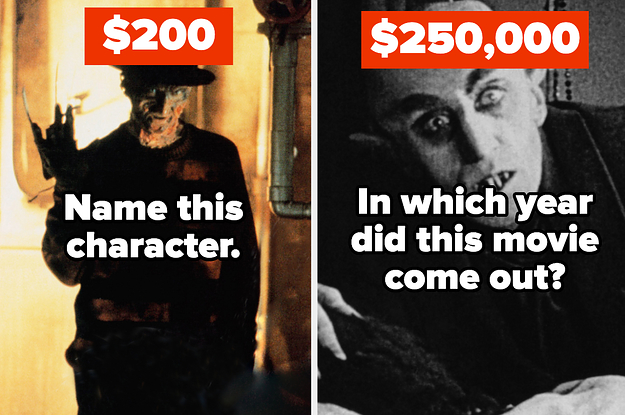Crypto research firm Paradigm has filed an amicus brief in the ongoing court case between the US Securities and Exchange Commission (SEC) and Binance, its US affiliate – Binance.US – and the exchange’s global CEO Changpeng “CZ” Chao.
Back in June, the US top securities watchdog launched a lawsuit against the defendants, accusing them of operating unlicensed exchanges, broker-dealers, and clearing agencies among 13 charges.
In a statement released on September 29, Paradigm, who claims to have zero interest or investment in the defendants, has taken a stance against the SEC, accusing the commission of governmental overreach.
SEC Wants To Change The Law, Paradigm Says
According to Paradigm, the SEC is attempting to bypass the rulemaking process and rewrite the law, utilizing the “disturbing allegations” in its lawsuit against Binance and its co-defendants.
The San Francisco-based research firm backs its claims by firstly stating that the SEC’s prayers being granted would mean that the US Court accepts the commission’s theory that an “investment contract” does not necessarily need a “contract.”
Paradigm states that such a theory is false as case law clearly says that an investment contract demands a contractual agreement that promises future appreciation of an asset.
In the case of cryptocurrencies, the crypto research firm says the SEC cannot provide such an agreement as there is none, especially in relation to tokens sold on secondary markets.
Furthermore, Paradigm stated that a court victory for the SEC against Binance would extend the application of US securities laws to all kinds of assets, including gold, silver, and artworks, which are bought with the anticipation of price appreciation yet not viewed as investment contracts.
Paradigm further emphasizes that the general hope that an asset accrues value does not create a common enterprise, a vital part of an investment contract. Rather, such optimism only represents a common interest, especially when there is no direct link between the asset issuer and secondary investor, as in the case of many crypto assets.
Calls For Crypto Regulation Continues
In its final argument against the SEC, Paradigm calls for clear crypto regulations that empower the SEC’s oversight over the crypto space, a sector of growing economic and political importance.
The crypto research firm believes that the SEC’s reliance on the Howey Test, as the 77-year-old legal test, does not provide much-needed clarity to regulate a diverse crypto industry.
In conclusion, Paradigm states the SEC’s attempts to enforce crypto regulation through an “unreasonable” interpretation of “investment contracts” based on this legal test fail the Major Question Doctrine, thus requiring clear congressional intervention.






